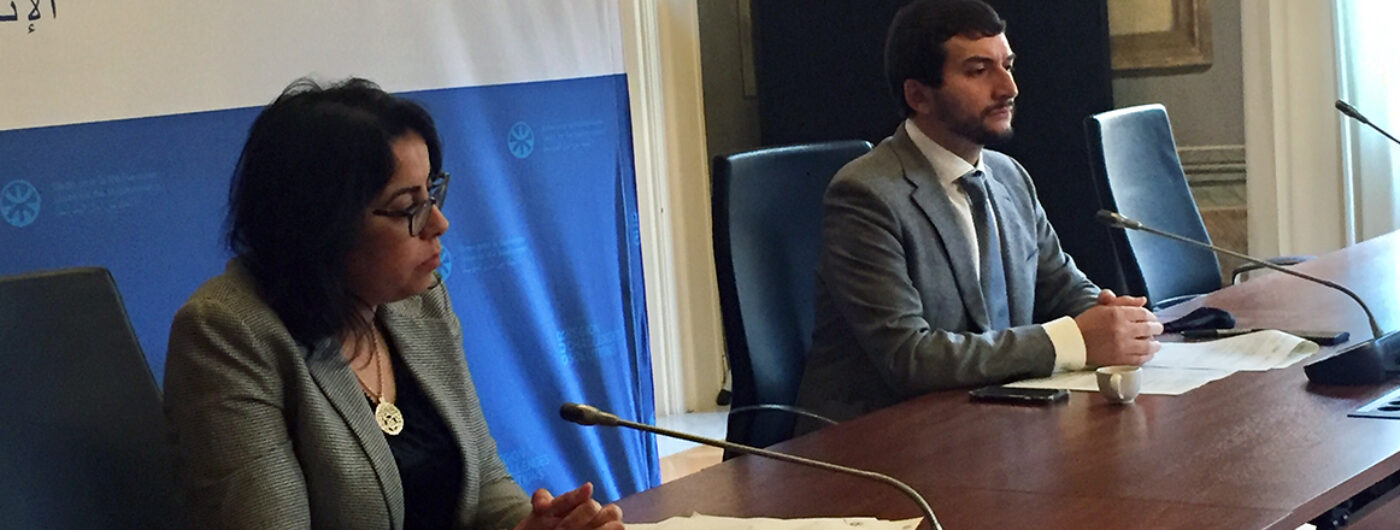
What Role for Science Diplomacy in the Mediterranean?
15-16 December 2020. The UfM jointly organized with the project S4D4C (Using Science Diplomacy for Addressing Global Challenges) a workshop on Science and Innovation Diplomacy in the Mediterranean on 15 and 16 December 2020.
UfM Senior Advisor for Higher Education and Research, Itaf Ben Abdallah, opened the two days of exchanges: “Science diplomacy should emerge from a competitive logic and instead be driven by the spirit of partnership and cooperation. This perspective guides us at the Union for the Mediterranean, where science diplomacy is a daily exercise that the organization reflects in form and substance.”
On the first day, a lively debate took place on strengthening the role of science diplomacy in the Euro-Mediterranean region, which involves taking stock of the existing regional public policies on research and innovation, and addressing the way in which scientists, political-makers and diplomats can jointly respond to global and regional challenges. The debate was led by high-level representatives of the International Centre for Advanced Mediterranean Agronomic Studies (CIHEAM), the Food and Agriculture Organization of the United Nations (FAO), the Agence Universitaire de la Francophonie (AUF), the Partnership for Research and Innovation in the Mediterranean Region (PRIMA), and the SESAME synchrotron in Jordan.
On the second day, the morning session was animated by the promoters of S4D4C, which put forward the actions carried out to foster networking between scientists, diplomats, policymakers and other key practitioners, and to provide training opportunities in science diplomacy. Interventions from diplomats, ministry staff, researchers and scientists from the UfM region enriched the discussion.
In the afternoon, participants split into two breakout sessions: one on research cooperation towards global challenges, and the other on reinforcing scientific and diplomatic communities. The exchange of ideas produced a set of conclusions that eventually could help to produce a takeaway message with policy recommendations. In particular, the need of a Mediterranean overarching framework to address SDGs in the region was stressed, as well as the key role of science diplomacy using a multistakeholder perspective, which means supporting research cooperation mechanisms and institutional partnerships in a shared ownership approach.

